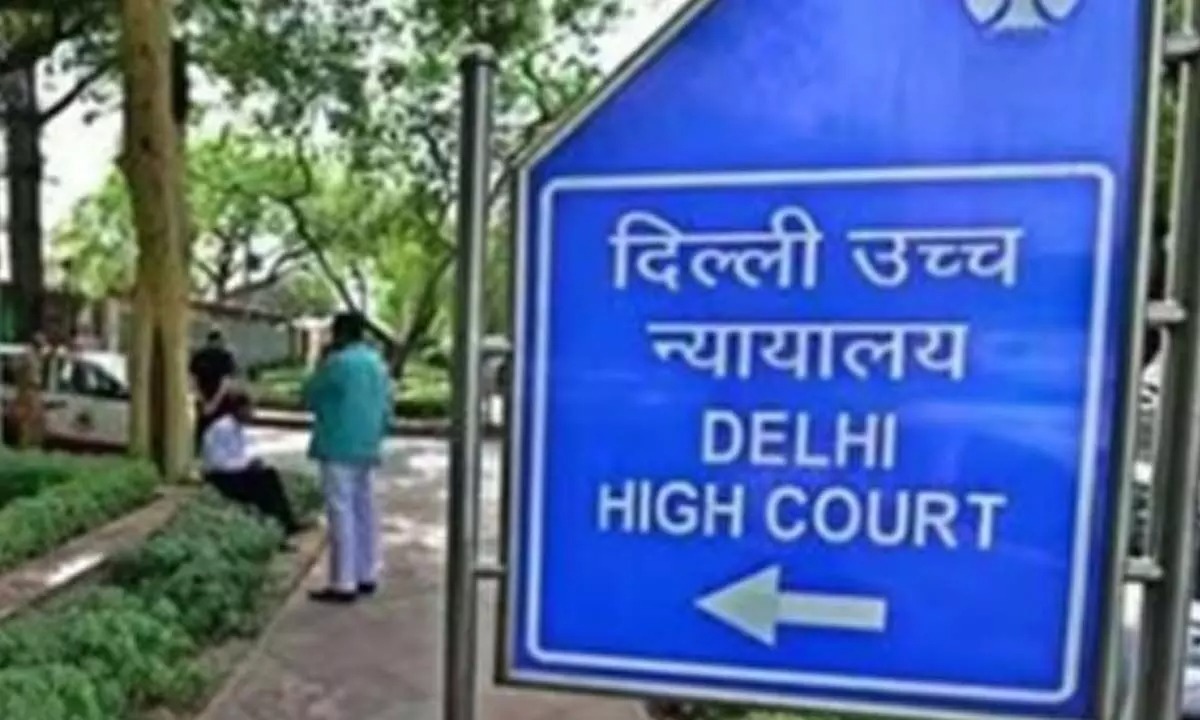Phear, J.@mdashThe loan, which is the basis of all these proceedings, was made in April 1863, To secure repayment of this loan, Gobindmani Dasi and her three daughters mortgaged to the Chowdhary certain property, all of which, I believe, lies in the mofussil. On the same date, these ladies executed a bond by way of collateral security, and further a warrant to enter up judgment on this bond. The mortgage contained a covenant to give up possession at once; and on the same day, in order to give, I suppose, greater force to this covenant, the ladies executed a warrant to enter up judgment in ejectment for these properties; and lastly they executed a warrant to the Chowdhary authorising them to receive the rents of the property for a period of five years. I should have added that the time for payment of the mortgage debt was fixed at five years after the date on which the mortgage was executed. One can hardly avoid seeing that these ladies were tried and bound in a most remarkable way, and that the mortgagees obtained almost every conceivable security for repayment of the money advanced. The mortgagees immediately took possession and entered into receipt of the rents of the mortgaged property, generally by virtue of the powers which I have mentioned, and in particular under the irrevocable warrant to receive the rents for five years. They have continued in possession and receipt of the rents for upwards of six years. Also judgment was entered up on the bond in 1863, shortly after its execution. Since that time some of the plaintiffs in the suit on the bond have died, and the suit has been revived in the name of their representatives jointly with the survivors; and the present application, which I have to consider, is an application by the mortgagees, plaintiffs, to be allowed to issue execution on the judgment upon the bond, more than one year having elapsed since any proceedings in execution were last taken. I have, therefore, to say whether, under the circumstances which I have just now mentioned, considering the parties to the suit, and having regard to what has happened since the judgment was entered up, it is right and proper that I should allow the plaintiffs to take out execution. It is at once apparent that the plaintiffs are mortgagees possessing simultaneously two remedies for ensuring payment of the debt, and much time was occupied yesterday in the discussion of the general rights of mortgagees under this state of things. As I threw out during that argument, it is, undoubtedly, quite true that the Court of Chancery in England will not, as a rule, interfere with or disturb a mortgagee to prevent him from pursuing more than one, or all, his remedies at once. The mortgagors have, by their contract, given the mortgagees the right to the concurrent remedies, and the Court will not deprive the latter of the full benefit of the contract, unless for special reasons; but I apprehend that the Court will always interfere, even in England, if necessary, for the purpose of preventing the mortgagee from working oppression or vexatious harassment by an extreme use of his rights, or for the purpose of giving effect to any equity between the parties which may arise on the facts, dehors the contract itself. That is the rule, as I have always understood it, in England, where the Court of Chancery is thus peculiarly situated, namely, that it has sole jurisdiction and entire control over the proceedings required to enforce the mortgage rights, while it can only interfere by injunction with the proceedings at law instituted for the recovery of the debt. In similar cases here, there are not two tribunals, but this Court by itself would have complete control over the proceedings of both sorts, and would, therefore, be more free than the Court of Chancery, so to adjust those proceedings as best to give effect to the rights of the parties, with the least possible harassment and cost. But in the present case this Court is not in the situation to which rules of this kind apply; the mortgaged property is entirely out of its jurisdiction; the rights of the parties under the mortgage of that property must be determined by the mofussil Court according to methods of proceeding which we do not follow here; and if any parallel is to be drawn, it is the mofussil Court, and not this, which must be compared with the Court of Chancery. I think I have simply to confine myself to the question which I first proposed,--i.e., is it right and proper as between the parties to the suit on the bond, after all that has happened between thorn, that I should issue execution? Certainly, if I do issue execution, my order must be made with the limitation that execution is not to go against the mortgaged property. I mentioned yesterday in Court that I had spoken with Mr. Justice Macpherson on this point, and that the view which he entertains with regard to it coincides, as I understand it, with my own. Indeed, I believe that he makes it a practice in cases where execution is taken out upon a collateral security, or on the money-covenant in the mortgage, always to insert in his order for execution the condition or limitation which I have just mentioned. I have also learned from him that he is like myself unaware of any authority by which it is laid down that an equity of redemption can be taken in execution of a decree for a money debt solely, under the attachment clauses of Act VIII of 1859. The case which Mr. Kennedy has cited,
Brajanath Kundu Chowdhary and Others Vs S.M. Gobindmani Dasi and Others
Judgement Snapshot
Judgement Text
Translate:

